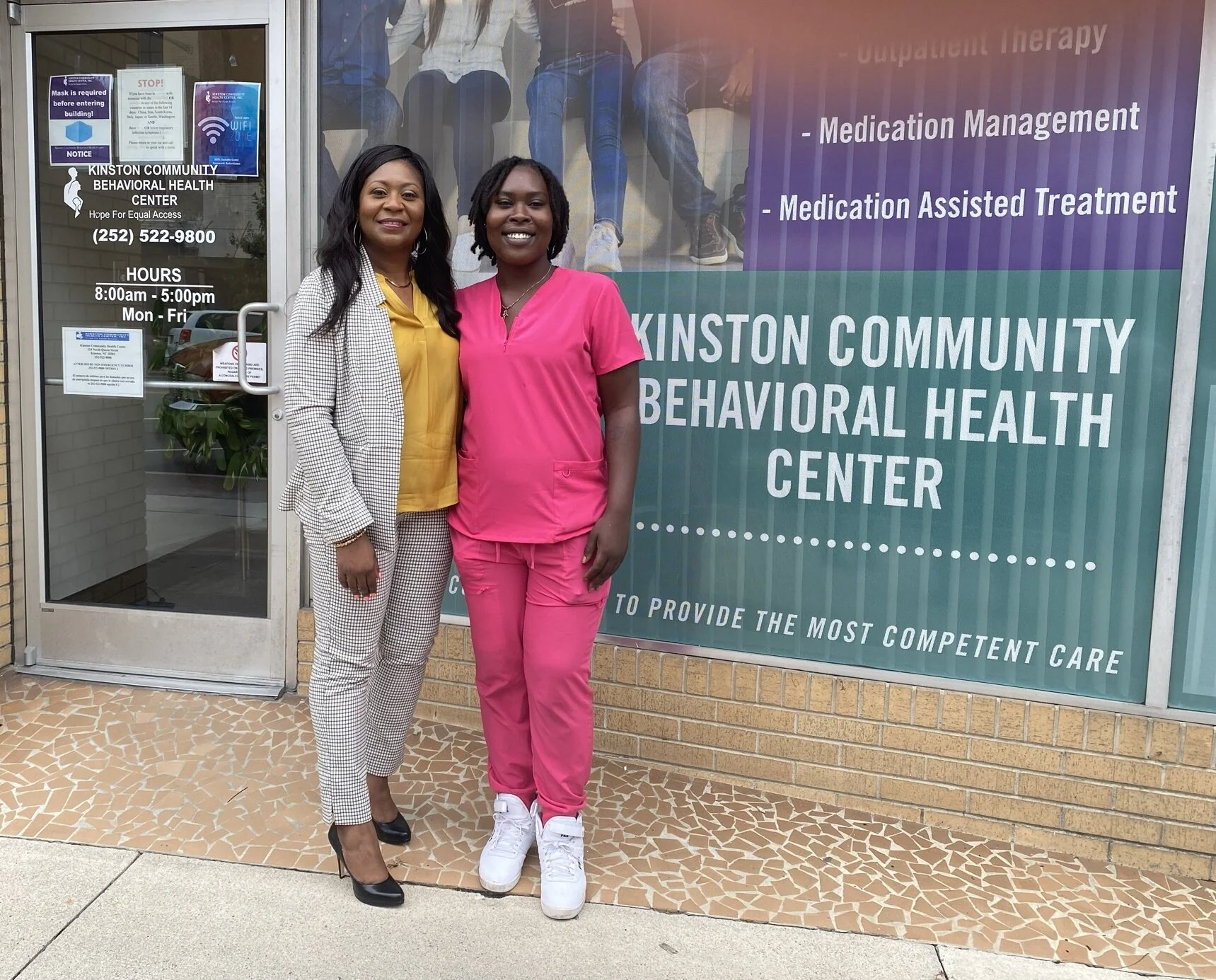Dr. Brandy Harrell to serve on the Rural Justice Collaborative Advisory Board
The Rural Justice Collaborative (RJC) selected Dr. Brandy Harrell to serve as a member of its Advisory Council made up of America’s top rural criminal justice and behavioral health experts.
“It is a great and rewarding feeling to be able to be highlighted from Kinston,” said Harrell.
RJC hopes to address justice inequalities in rural communities as research shows rural Americans are more likely than urban residents to be jailed, overdose, and lack access to substance abuse and mental health care, and public health services.
“There is a uniqueness to rural communities,” said Harrell. “We have a strong bond, we have partnerships that are available.”
Substance use, as well as mental health issues and symptoms, have increased in both urban and rural areas.
“Our innovative program can treat the whole person,” said Harrell. “I feel that will be a great benefit for Lenoir County and the surrounding counties”
Dr. Brandy Harrell and Yasmine Wade. Photo: Kristy Bock/Neuse News
The impact of the program has already helped improve the quality of life for one Lenoir County resident. At the time of the interview, Yasmine Wade celebrated 74 days sober.
“I have a new start,” said program participant Wade. “I’m able to start over and show my kids that I can actually be your mother. To take care of you and show you what you are missing, which is me.”
The RJC priority focus areas are increasing access to behavioral health treatment, reducing victimization, facilitating employment/educational opportunities for justice-involved individuals, eliminating barriers of access to justice, reducing incarceration, facilitating reentry, reducing the number of children in foster care due to substance use disorders, and rural solutions for rural problems.
“This program reached out to me to give me a better understanding of how to get my life back together to be reunited with my kids,” said Wade.
Harrell would like to see the successes RJC creates duplicated at a national level.
“I do see that our integrated health care model would be amazing for other programs in rural communities to replicate,” said Harrell. “Seeing that behavioral health and criminal justice can be coupled together and the disciplines come together seeing that more on a national level will replicate in rural communities across America.”





